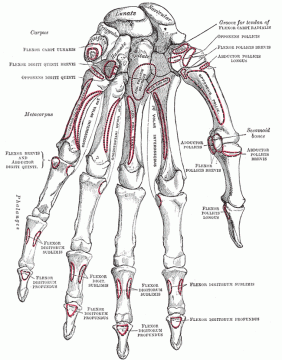Duet for one; the destructive narcissism of the performer
Stephanie was a virtuoso violinist until she was struck down with multiple sclerosis. Now her fingering is clumsy, her bowing uneven, her music sounds scratchy and discordant. She can’t do it anymore. She is destroyed. Music was her whole life. It was her joy and purpose. Each note joined her in mystic union with the fellow acolyte who notated it centuries before. It was her religion and her ecstacy. When she and her husband met, they made music as a preliminary to making love. Duet for One, probably Tom Kempinski’s best play, slowly strips away Stephanie’s resistances and defences to reveal to full shocking horror of the devastation she tries so hard to conceal. Juliet Stevenson plays Stephanie with the neurotic intensity only she can command. Henry Goodman gives a wonderfully nuanced performance as the beleaguered psychotherapist, complete with middle European accent. We slowly learn that Stephanie was encouraged to develop her musical talents by her mother, who was herself a concert pianist until she gave it up to help her father in his chocolate business. But, tragically, her mother died when Stephanie was just nine. Her father was distraught and took to his bed. The business failed. He told Stephanie he was not going to pay for her to have music lessons any more. She had to get a proper education, a proper job. Stephanie fought her father, refused to do any school work unless she could study her violin. The conflict was long and hard, but eventually her father capitulated. Stephanie had won. She had to. With mother gone, music had become the only meaningful thing in her life. When other girls might party, shop, visit coffee bars or night clubs, Stephanie practiced – at least three hours every day! At 18 she won a scholarship to music college and the dedication intensified to eight hours a day. Most music colleges produce one virtuoso every ten years. Stephanie was that one. But now she could no longer make music, her life had lost its meaning. The acme of musical performance, being a concert soloist, demands enormous dedication, a concentrated focus on the self and it’s achievement. It is perhaps the most extreme form of narcissism. Performers are obsessed with their capabilities for most of the day every day. They strive for perfection. They have to keep testing and retesting themselves, all too aware that a precipitous entry, a slightly flat note, a false emotional balance, could mean disaster. A performer’s life is one of continual insecurity. They are a bit like the specialist rock climber. They live on the edge. They don’t just make music, they have to own the souls of their audience. They need the next performance to reassure them, to gain a momentary respite before the pangs of self doubt creep in again. They only see the failures. This fuels the engine of addiction. Even the peerless Vladimir Horowitz left the concert platform after 12 years, feeling unable to live up to his own reputation. And Jacqueline Dupre, whose story resonates with Stephanie’s, was constantly concerned that she lacked technique. Perrformers have to live with their destructive demons. They can never be good enough and for that they must be punished. Some, perhaps most, come to hate the monster they have created and wish to destroy it. Perhaps with Stephanie, as with Jacqueline Dupre, the seeds of destruction infected her immune system, causing it to destroy the lining of her nerves. Illnesses often have a meaning and a purpose. Multiple sclerosis may seem tragic for a musician, but it may free them from the tyranny of performance and all the parental ambition that went with it. There is an irony behind why an illness affects that very function that is so essential. It exposes ambivalence. Sooner or later, performers, sportsmen, actors, celebrities of any tone, want to be what they are and not what they do. And now Stephanie doesn’t have music, she has, for the first time in her life, to learn to live with other people, to collaborate, to belong, to trust, to be ordinary. It is the most difficult thing she will ever do. Duet for One played at The Theatre Royal, Bath on 17th March.



